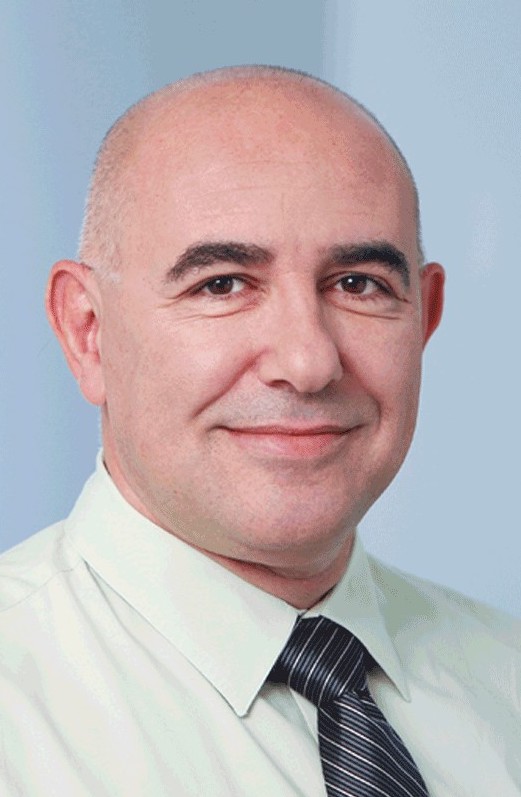Spring ’24 CSC@USC/CommNetS-MHI Seminar Series
 |
Mustafa Khammash,
ETH Zurich
|
Abstract
Adaptation is a recurring theme in biology, offering vital survival mechanisms in dynamic environments through precise regulation of physiological variables. This talk dives into the intriguing concept of robust perfect adaptation (RPA), a phenomenon where a system maintains a specific variable at a setpoint despite persistent perturbations. The objective of this talk is to explore the fundamental problem of achieving maximal RPA, focusing on a designated output variable and its robustness to perturbations across almost all network parameters. I will elucidate how RPA imposes critical structural constraints on underlying networks, characterized by simple linear algebraic conditions. These conditions provide insights into the diverse ways biomolecular integral feedback mechanisms can be realized. Building on these insights, I will introduce a novel internal model principle (IMP) tailored for biomolecular networks, akin to celebrated IMP in control theory. Throughout the presentation, I will relate these theoretical developments to practical implementation of RPA-achieving controllers and their applications. Specifically, I will discuss the implementation of genetically engineered synthetic integral feedback controllers within living cells and showcase their tunability and adaptation properties. Furthermore, I will highlight the relevance of these genetic control systems in the context of cell-based therapies.
Biosketch
Professor Mustafa Khammash works in the field of Control Theory and Systems and Synthetic Biology. He is currently a professor at the Department of Biosystems Science and Engineering (D-BSSE) at ETH Zurich. Prof. Khammash received his B.S. degree from Texas A&M University in 1986 and his Ph.D. from Rice University in 1990, both in Electrical Engineering.
Before joining ETH Zurich, Prof. Khammash had a notable academic journey. After completing his Ph.D., he joined the Electrical Engineering Department at Iowa State University, where he established the Dynamics and Control Program and led the control group until 2002. Subsequently, he was a member of the Mechanical Engineering faculty at the University of California, Santa Barbara (UCSB). During his tenure at UCSB, he served as the Director of the Center for Control, Dynamical Systems, and Computation. In 2011, Prof. Khammash moved to Switzerland, joining ETH Zurich. He has held various positions there, including serving as the head of the Department of Biosystems Science and Engineering.
His research at ETH Zurich involves working at the interface of systems biology, synthetic biology, and control theory. His work is pivotal in the development of Cybergenetics in synthetic biology, focusing on the real-time control of the dynamic behavior of living cells with applications in various areas such as industrial biotechnology, tissue engineering, and medical therapy. His laboratory at ETH Zurich combines expertise from various disciplines, including engineering, mathematics, computational science, physics, and biology, to advance the theoretical and experimental foundations of Cybergenetics.
Prof. Khammash is a Fellow of the IEEE, IFAC, and the Japan Society for the Promotion of Science. He is the winner of the prestigious European Research Council Advance grant (2018) and the Swiss National Science Foundation Advanced grant (2023) to develop the field of Cybergenetics.
Acknowledgement: seminar series is supported by the Ming Hsieh Institute and Quanser.
